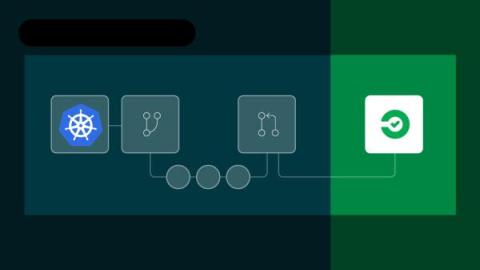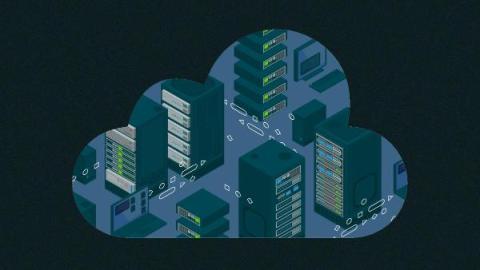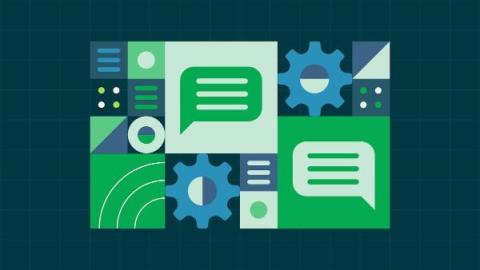Pytest: Getting started with automated testing for Python
Testing Python applications is critical to ensuring they function as intended in real-world scenarios. Among the numerous testing frameworks available for Python, pytest stands out as a primary choice for many developers. Renowned for its straightforward yet powerful features, pytest makes writing and running tests efficient and effective. In this guide, we’ll explore how to get started with pytest, from installation to writing your first tests.











